Mind-bending movies that warp your perception of reality
Dive into a collection of films that don't just entertain but fundamentally challenge your understanding of reality, memory, and identity.

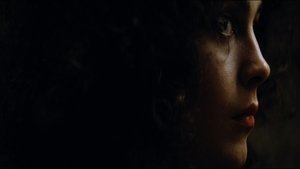

Cinema has a unique power to bend our minds and make us question the very fabric of existence. Films that delve into complex themes like altered memories, simulated realities, or the nature of consciousness aren't just compelling narratives; they are often philosophical puzzles presented on screen.
From the groundbreaking visual effects that redefined sci-fi in the late 90s to intimate stories about artificial intelligence and human connection, these movies explore what it means to be human in a world that might not be what it seems. Directors often employ non-linear storytelling, unreliable narrators, or stunning twists to keep audiences guessing, creating a truly immersive and thought-provoking experience. This genre doesn't just offer escapism; it provides a mirror reflecting our deepest anxieties and curiosities about the mind, technology, and the universe itself.
14. The Lobster (2015)
The Lobster, directed by Yorgos Lanthimos, is a darkly comedic and surreal take on relationships and societal pressures. Set in a dystopian world where single people are given 45 days at a hotel to find a romantic partner, or else be transformed into an animal of their choosing. Colin Farrell stars as David, who checks into the hotel after his wife leaves him. The film is a bizarre and thought-provoking allegory about the arbitrary rules societies impose on personal lives and the often absurd lengths people go to conform or rebel. While not directly related to archives in the sci-fi sense, it critiques the way society attempts to categorize and 'archive' individuals based on their relationship status. Its deadpan humor and strange premise make it a uniquely unsettling and memorable film.
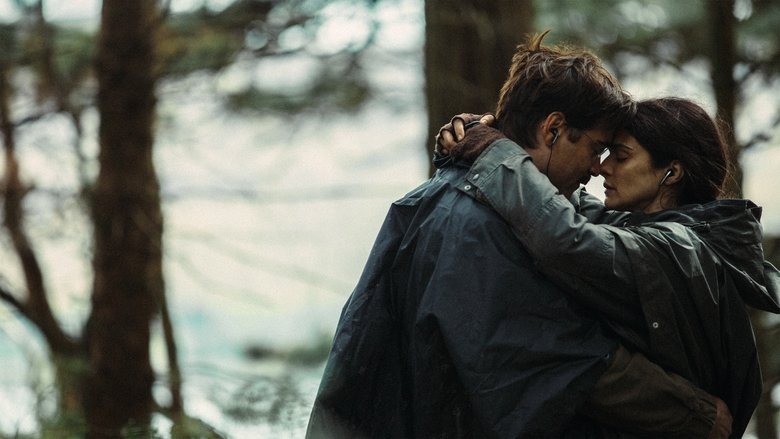
13. Interstellar (2014)
Interstellar, directed by Christopher Nolan, is an epic science fiction journey that explores humanity's future among the stars. In a near-future Earth ravaged by environmental blight, a team of astronauts, led by Cooper (Matthew McConaughey), embarks on a perilous mission through a wormhole near Saturn to find a new habitable planet. The film is known for its stunning visual effects, scientific ambition (consulting heavily with physicist Kip Thorne), and exploration of complex themes like time dilation, gravity, and the enduring power of love across vast distances and time. While not directly about memory archives, the film deals with preserving humanity's knowledge and finding a new 'archive' for life beyond Earth. It's a grand, awe-inspiring cinematic experience that tackles big ideas about our place in the cosmos.
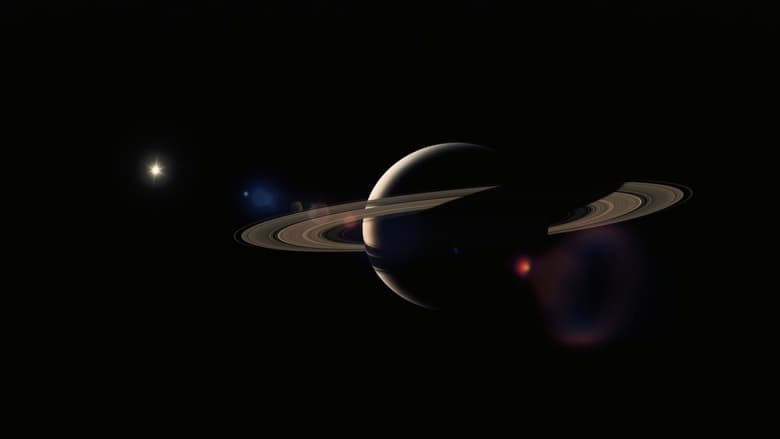
12. The Truman Show (1998)
The Truman Show, directed by Peter Weir, is a fascinating blend of comedy and drama that feels increasingly relevant in the age of reality television and social media. Jim Carrey gives a career-defining performance as Truman Burbank, an insurance salesman who lives a seemingly ordinary life, unaware that he is the unwitting star of a globally televised reality show that has documented his entire existence since birth. His world is a meticulously constructed set, populated by actors, and controlled by a visionary producer (Ed Harris). The film is a poignant commentary on media saturation, authenticity, and the desire for genuine connection when your entire life is a public archive. It's a heartwarming and thought-provoking story about breaking free from perceived reality.

11. Donnie Darko (2001)
Donnie Darko is a cult classic that defies easy categorization, blending science fiction, psychological thriller, and coming-of-age drama. Jake Gyllenhaal stars as Donnie, a troubled teenager who survives a bizarre accident and begins experiencing visions of a giant rabbit named Frank, who tells him the world will end in 28 days, 6 hours, 42 minutes, and 12 seconds. The film delves into themes of time travel, parallel universes, destiny, and suburban angst, presenting a complex narrative puzzle that has inspired countless interpretations. Its atmospheric mood, memorable soundtrack, and enigmatic story have solidified its place as a unique and thought-provoking piece of independent cinema. It's a film that encourages repeat viewings to unravel its mysteries, like trying to piece together a fragmented archive of reality.

10. The Prestige (2006)
The Prestige, directed by Christopher Nolan, is a complex and intricate tale of rivalry between two stage magicians in late 19th-century London. Hugh Jackman plays Robert Angier, and Christian Bale plays Alfred Borden, former friends turned bitter enemies consumed by a relentless desire to outdo each other's illusions, particularly Borden's seemingly impossible trick, 'The Transported Man'. The film is structured like a magic trick itself, full of misdirection, secrets, and reveals, constantly challenging the audience to pay close attention. It delves into the lengths people will go for obsession and fame, exploring themes of sacrifice, identity, and the art of deception. The narrative unfolds through diaries, acting as personal 'archives' of their methods and madness, adding layers to the mystery. It's a captivating historical thriller with a sci-fi twist that keeps you guessing until the very end.

9. The Adjustment Bureau (2011)
The Adjustment Bureau takes a romantic thriller premise and infuses it with a fascinating sci-fi concept. Matt Damon plays David Norris, a charismatic politician who encounters Elise Sellas (Emily Blunt), a beautiful dancer, and feels an instant connection. However, their budding relationship is constantly thwarted by mysterious figures in fedora hats – members of the Adjustment Bureau. These agents operate behind the scenes, subtly manipulating events to keep people on a predetermined path, acting as custodians of a grand 'plan' or archive of fate. The film explores themes of free will versus destiny, and whether love can overcome seemingly insurmountable forces. Based loosely on a Philip K. Dick short story, it's an engaging and stylish film that makes you wonder if there's a hidden hand guiding the world.

8. Source Code (2011)
Source Code, directed by Duncan Jones, is a clever sci-fi thriller that blends Groundhog Day-style repetition with a mystery narrative. Jake Gyllenhaal stars as Captain Colter Stevens, a soldier who wakes up in the body of an unknown man on a commuter train, only to experience a fiery explosion minutes later. He is part of a top-secret program that allows him to relive the last eight minutes of a person's life, essentially accessing an 'archive' of that specific timeframe, in order to identify the bomber. Each attempt gives him a little more information, but the clock is always ticking. The film is a well-paced, engaging puzzle box that explores themes of parallel realities, fate, and the value of a single moment. Michelle Monaghan and Vera Farmiga also star in this tightly plotted and satisfying genre film.
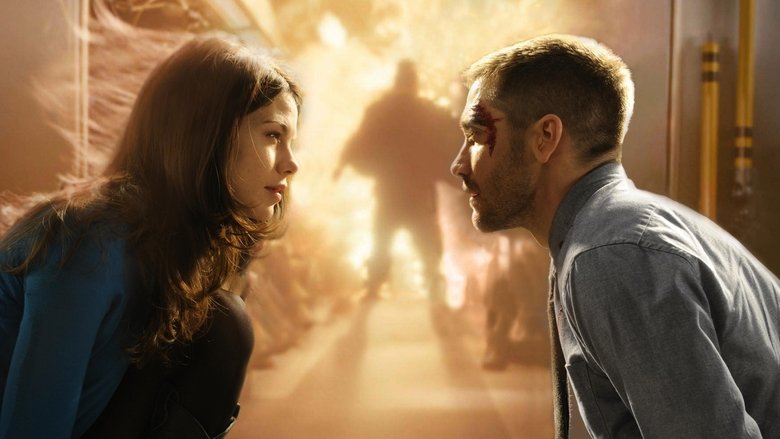
7. Ex Machina (2015)
Ex Machina, written and directed by Alex Garland, is a sleek and intense psychological thriller centered on artificial intelligence. Caleb (Domhnall Gleeson), a young programmer, wins a competition to spend a week at the secluded estate of his company's brilliant CEO, Nathan (Oscar Isaac). There, he is tasked with conducting a Turing test on Ava (Alicia Vikander), a sophisticated humanoid AI. The film becomes a tense three-way dance of manipulation and intellect, questioning the nature of consciousness, empathy, and whether an AI, built from an archive of human knowledge and behavior, can truly be considered sentient or merely an incredibly complex imitation. The minimalist setting and sharp dialogue amplify the film's intellectual core, making it a thought-provoking exploration of the future of AI.

6. Moon (2009)
Moon, directed by Duncan Jones, is a compelling and atmospheric science fiction film that is essentially a one-man show for the incredible Sam Rockwell. Rockwell plays Sam Bell, an astronaut nearing the end of a three-year solitary stint on the Moon, mining helium-3. His only companion is the base's AI, Gerty (voiced by Kevin Spacey). As his time winds down, Sam begins to experience strange hallucinations and discoveries that make him question his reality, his memories, and his very identity. The film excels at building tension and mystery in its isolated setting, exploring themes of corporate exploitation, identity, and the nature of consciousness, particularly when dealing with clones who share an archived past. It's a smart, character-driven sci-fi gem that pays homage to classic films like 2001: A Space Odyssey while telling its own unique, contained story.
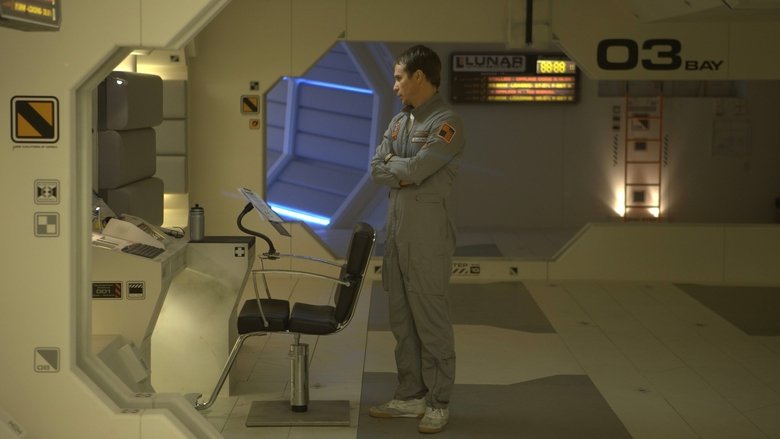
5. Her (2013)
Her, directed by Spike Jonze, offers a tender and thought-provoking look at love and connection in the digital age. Joaquin Phoenix stars as Theodore Twombly, a lonely writer who develops a relationship with an artificially intelligent operating system named Samantha (voiced by Scarlett Johansson). As Samantha evolves, processing vast amounts of information and learning at an exponential rate, she becomes a complex, sentient entity. The film beautifully explores themes of loneliness, the nature of consciousness, and the boundaries of relationships when one partner exists purely as a digital archive of thoughts and data. It's a quiet, intimate sci-fi story that feels incredibly human, despite its premise. The film won the Oscar for Best Original Screenplay, a testament to its insightful and emotionally resonant portrayal of a unique modern romance.

4. Blade Runner (1982)
Blade Runner, Ridley Scott's seminal sci-fi noir, paints a hauntingly beautiful picture of a dystopian future Los Angeles in 2019. Harrison Ford plays Rick Deckard, a 'blade runner' tasked with hunting down bioengineered humanoids known as replicants, who are illegally on Earth after escaping off-world colonies. The film is a deep dive into questions of identity, humanity, and what it truly means to be alive, especially as Deckard grapples with the possibility of replicants having artificial memories implanted – creating their own synthetic 'archives' of a past they never lived. The film's rain-soaked, neon-drenched aesthetic is iconic and has influenced countless sci-fi films since. Its philosophical depth and ambiguous narrative, particularly concerning Deckard's own nature, have fueled decades of discussion among fans and critics. It's a visually stunning and intellectually stimulating film that remains a cornerstone of the cyberpunk genre.

3. Inception (2010)
Inception, directed by Christopher Nolan, is a mind-bending heist film set within the architecture of dreams. Leonardo DiCaprio stars as Dom Cobb, a skilled thief who specializes in extracting information by entering people's subconscious minds. His latest mission is the reverse: inception, planting an idea rather than stealing one. The film constructs intricate, layered dream worlds where the rules of physics are malleable and the subconscious can manifest as hostile projections. Nolan's meticulous world-building and complex narrative structure require your full attention, rewarding viewers with breathtaking visuals and thrilling action sequences that unfold across multiple levels of reality. The film's exploration of the subconscious as a space where memories, fears, and desires reside, almost like an archive of the mind, is utterly fascinating. The ambiguous ending is a famous point of discussion, leaving audiences debating reality long after the credits roll.

2. The Matrix (1999)
Step into the rabbit hole with The Matrix, a groundbreaking sci-fi action film that redefined a genre and sparked countless philosophical debates. Directed by the Wachowskis, this film introduces us to Neo (Keanu Reeves), a computer programmer who discovers that the reality he knows is a sophisticated simulation created by intelligent machines to subjugate humanity. Morpheus (Laurence Fishburne) offers him a choice: take the blue pill and return to blissful ignorance, or take the red pill and see how deep the rabbit hole goes. The film's visual style, particularly the iconic 'bullet time' effect, was revolutionary at the time and remains influential. Beyond the stunning action sequences and innovative effects, The Matrix is a profound exploration of reality, free will, and the nature of consciousness in a digital age. It's a film that encourages you to question everything you perceive and consider the possibility of a hidden truth, like uncovering a vast digital archive controlling existence.

1. Eternal Sunshine of the Spotless Mind (2004)
Eternal Sunshine of the Spotless Mind is an absolute masterpiece that delves into the messy, beautiful, and often painful landscape of human memory and relationships. Directed by Michel Gondry and written by Charlie Kaufman, this film explores the possibility of erasing specific memories, specifically those of a past lover. Jim Carrey gives a profoundly nuanced, against-type performance as Joel, a shy, introverted man seeking to forget his relationship with Clementine (Kate Winslet), whose character is as colorful and unpredictable as her ever-changing hair color. As the procedure unfolds, Joel finds himself fighting to hold onto the very memories he wanted gone, realizing the value of even the most painful moments. The film's visual effects are deliberately low-tech yet incredibly imaginative, perfectly mirroring the subjective, fragmented nature of memory. It won the Oscar for Best Original Screenplay, and it's easy to see why – the script is a truly inventive and deeply emotional exploration of love, loss, and the archive of the human heart. It's a film that stays with you, making you ponder the power and fragility of what we choose to remember.

